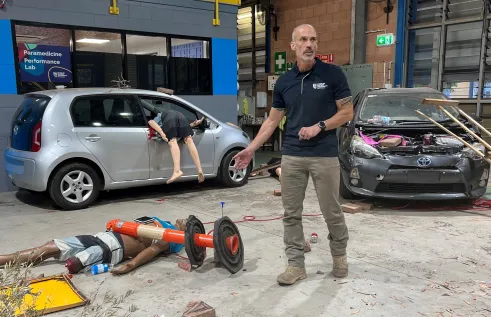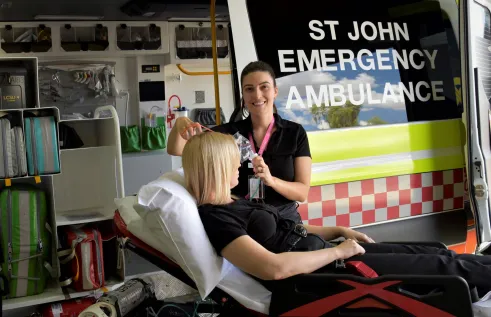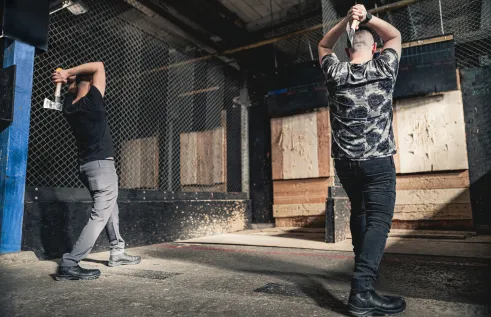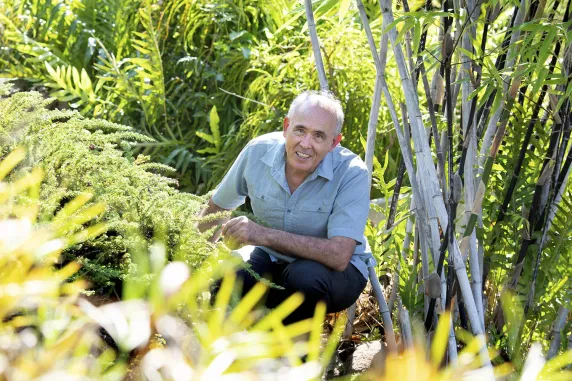News article
Researcher seeks to unlock the farmer’s mind
A Charles Darwin University researcher is investigating the contrasting decision-making behaviours of farmers who face fire, flood, drought and other adverse natural hazards.
With a background in Agricultural Science and Psychology, PhD candidate David McKenzie is interested in how farmers adapt to natural hazards and how they make decisions to avert serious consequences.
“I’m interested in talking to farmers who are adapting their farming systems and questioning why they stick to doing the same thing,” David said.
“There are farmers actively managing their ground cover to maximise infiltration and who harvest heavy episodic rainfall and others who have locked up mulga and begun carbon farming.
“I want to understand why they think differently and why they make different decisions.”
David said people tended not to change behaviours proactively but were more likely to change their world view in a crisis.
“It’s usually a case of ‘my world is falling apart; I’ve just been wiped out and suddenly I’ve re-evaluated what is more important in my life’,” he said.
“The challenge is to understand how we can change people’s behaviours to be more adaptive, more ready for these events.”
The PhD is titled “Strengthening Risk Reduction to Natural Hazard Consequences”.
David said there were two parts to the project. Part one will consider case studies of several Australian farmers and an analysis of village-based agriculture in Indonesia.
The second part will involve workshops where farmers will be asked to consider their future, a worst-case scenario and potential effects on business, community and self. The workshops will also develop a business model that can be replicated in a new community.
“We want to create a consistent model that can be contextualised to different communities,” he said.
“It’s about every different farming community coming up with its own contextualised plan to reduce risk.”
Related Articles

CDU student paramedics tested in a simulated explosion
Charles Darwin University (CDU) paramedic students were put through their paces in a real-life scenario that included the sights and sounds they would expect while responding to emergencies.
Read more about CDU student paramedics tested in a simulated explosion
Award-winning paramedic shines at CDU Open Day
Working at the busy intersection of education, primary healthcare, emergency medical services and public health, Amy McCaffrey is an inspirational figure.
Read more about Award-winning paramedic shines at CDU Open Day
What happens to your body when you throw an axe?
With axe throwing growing and elite competition booming, a Charles Darwin University (CDU) sports scientist is looking at how the three most common throwing techniques impact the body.
Read more about What happens to your body when you throw an axe?
